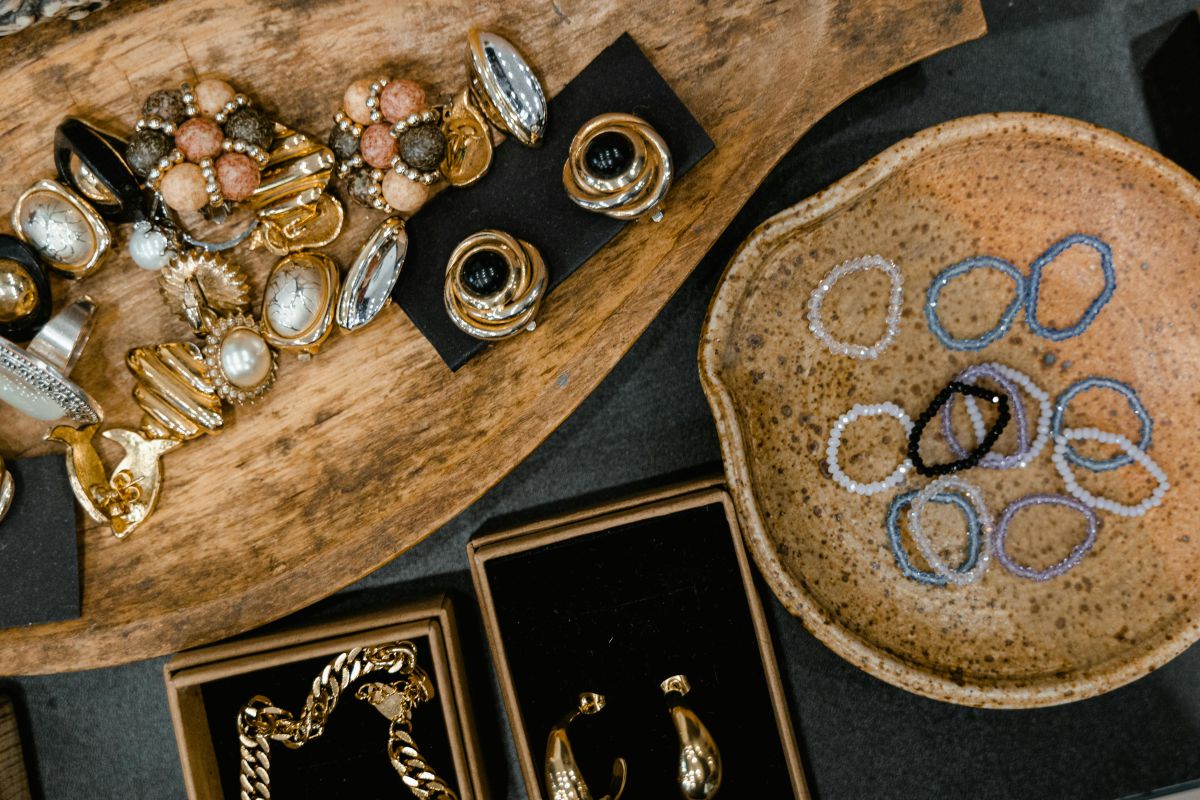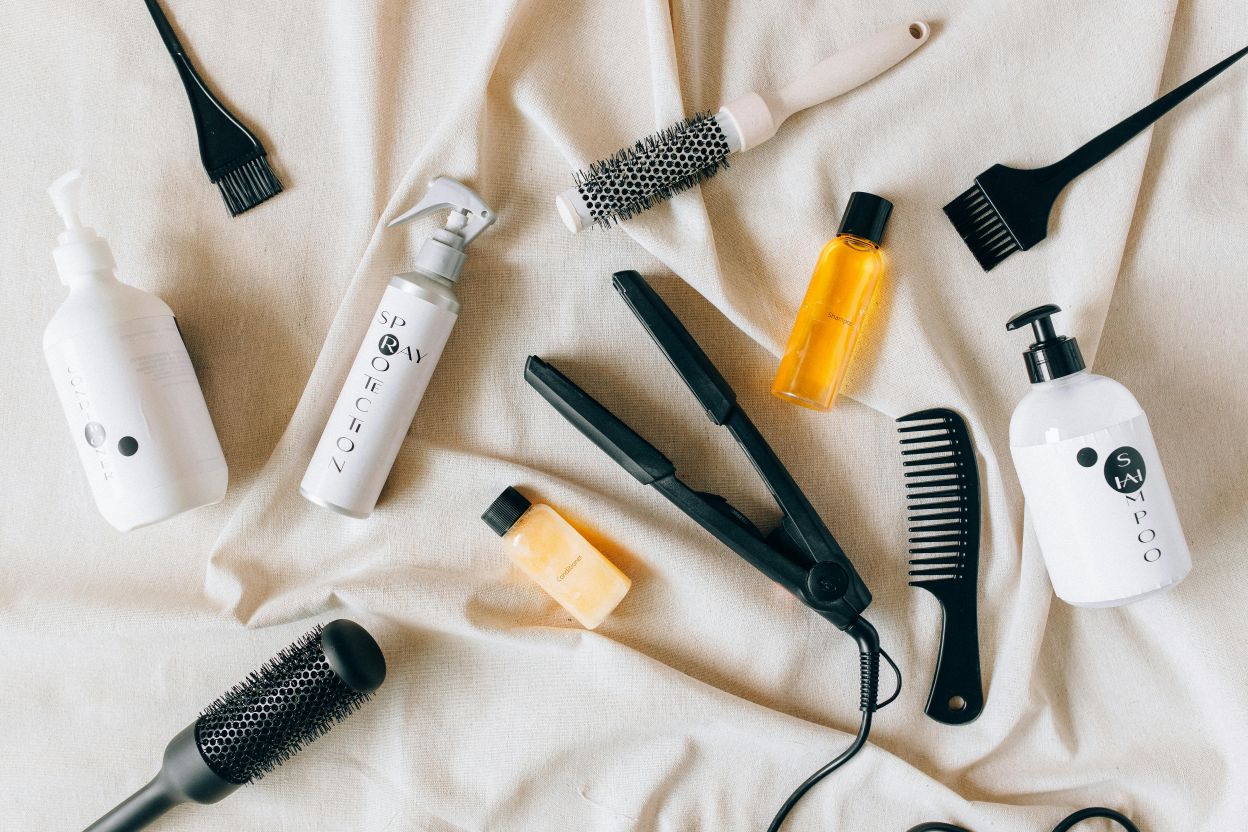What are the Most Popular Silver Chain Styles?
Silver jewelry remains a cornerstone of modern style, offering elegance, versatility, and affordability. Among its most enduring staples is the silver chain timeless in appeal and constantly evolving in design. But to truly maximize your look, pairing these chain styles with the right 925 Silver Bracelet is key. This guide explores today’s most popular silver






















